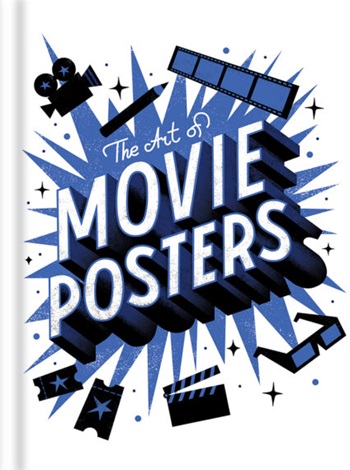After 20 years, Odysseus finally returns to Ithaca, where he finds his wife held captive by suitors vying to become king, and his son facing death at their hands. To reclaim his family and all he has lost, Odysseus must rediscover his strength. This is the third time Ralph Fiennes and Juliette Binoche have starred together in a film. They previously worked together in Wuthering Heights (1992) and The English Patient (1996).. Penelope: How can people find their way to war, but not their way home? Odysseus: For some, war becomes home.. Focusing on immersion. The multiple pain and suffering of Penelope and Odysseus during Odysseus’ time as the viewer returns to Ithaca, this thesis explores the challenges many soldiers face upon returning from active duty, including PTSD and other mental health issues, reuniting with family and society, past lives, memories and pains endured and caused, and the resulting irreversible internal change in a very systematic way. . The Return is driven by a great cast to allow the viewer to experience this rollercoaster ride in which the two main characters travel to incredible heights, the latter thanks to the unique and extraordinary endurance of Penelope and Odysseus during this difficult period in their lives. And without support from each other. Of course, the two keep quite distant for much of the build-up, which only makes the catharsis stronger in the film’s more intense, slow-burning horror-like second half. Fiennes brings his unique style of portraying suffering to this piece – a great extension of his wonderful talent from his parallel portrayals of pain and agony in Spider and The End of the Affair. Binoche is the perfect choice for Penelope, and the viewer can be somewhat fooled into thinking that the two will be reunited, as they were close throughout The English Patient, and Pasolini uses this to create additional tension in the piece. The memory of The English Patient is vivid. This is a great and very relevant piece of work to experience!



 20/17
20/17